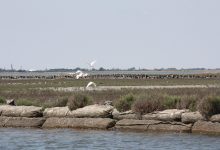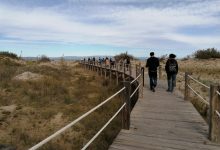Published on 10-09-2021
REST COAST will demonstrate to what extent upscaled restoration addressed to vulnerable coastal ecosystems, such as wetlands or sea grass beds, can provide low-carbon solutions for climate adaptation and disaster risk reduction, combined with gains in terms of biodiversity. To reach such an ambitious aim, REST COAST will activate a series of coastal ecosystem services (ESS) that touch urgent coastal issues such as the erosion/flooding during recent storms and the acceleration of coastal habitat degradation, at nine pilot sites that represent the main EU regional seas (Baltic, Black, North, Atlantic and Mediterranean). Results from hands-on restoration at the Pilots will prove the importance of coastal restoration in reaching the EU Green Deal objectives (reducing emissions by 50-55% and promoting biodiversity by 2030) for adaptation/mitigation under Climate change, by supporting a transformative change in governance and financial structures aimed at a long-term maintenance of coastal restoration practices, as well as favouring the replicability of large scale restoration, based on a scalable coastal adaptation plan, and the introduction of coastal ESS into national and international policies. Coastal habitats are among the most productive and biodiverse environments with an important and often underappreciated carbon storage potential, but they are also the ones with the highest densities of population that are developing/urbanizing more rapidly compared to inland regions. Besides that, coastal habitats are experiencing progressive degradation and escalating risks resulting in declining biodiversity (BDV) and ecosystem services (ESS) as the existing efforts often rely on local and short-term ecosystem restoration interventions, based on a fragmented policy framework. REST-COAST will demonstrate how large-scale systemic coastal restoration can enhance costal resilience, harness risks, improving BDV status and ESS delivery thus contributing to reach the Green Deal objectives. To make this possible, the project will drive a transformation in socio-economic governance/finance structures, by overcoming the present technical, economic and governance barriers to support a long-term maintenance of systemic coastal restoration practices. Such an ambitious aim will be demonstrated through a set of vulnerable coastal pilots (deltas, estuaries and lagoons) that present important natural hazards. Lead Partner: Laboratori d’Enginyeria Marítima /Univ. Politècnica de Catalunya (ES) 1: Eurecat (ES) xxx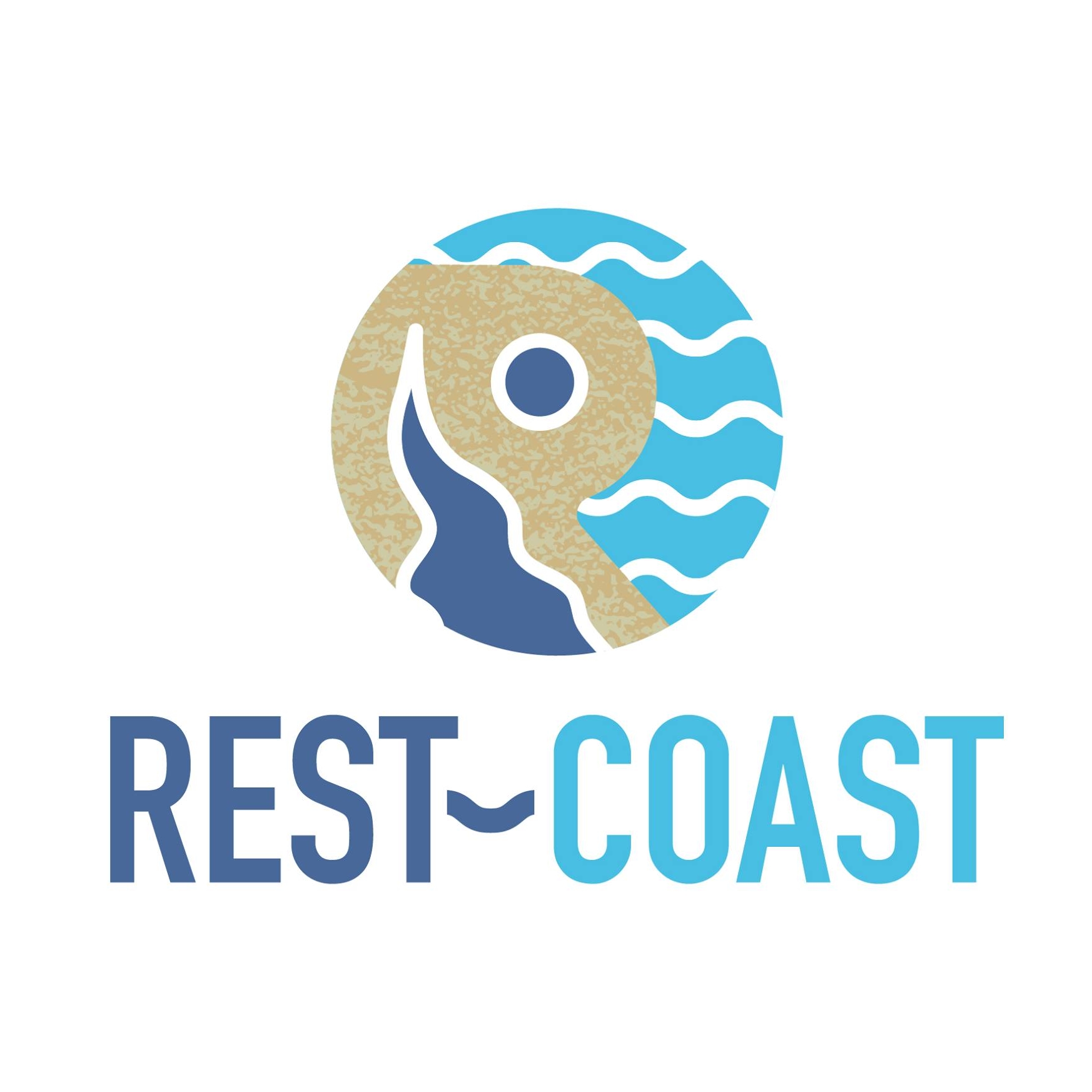
Large-scale restoration of coastal ecosystems through connectivity between rivers and the sea
Rest-Coast – Horizon 2020 Green Deal
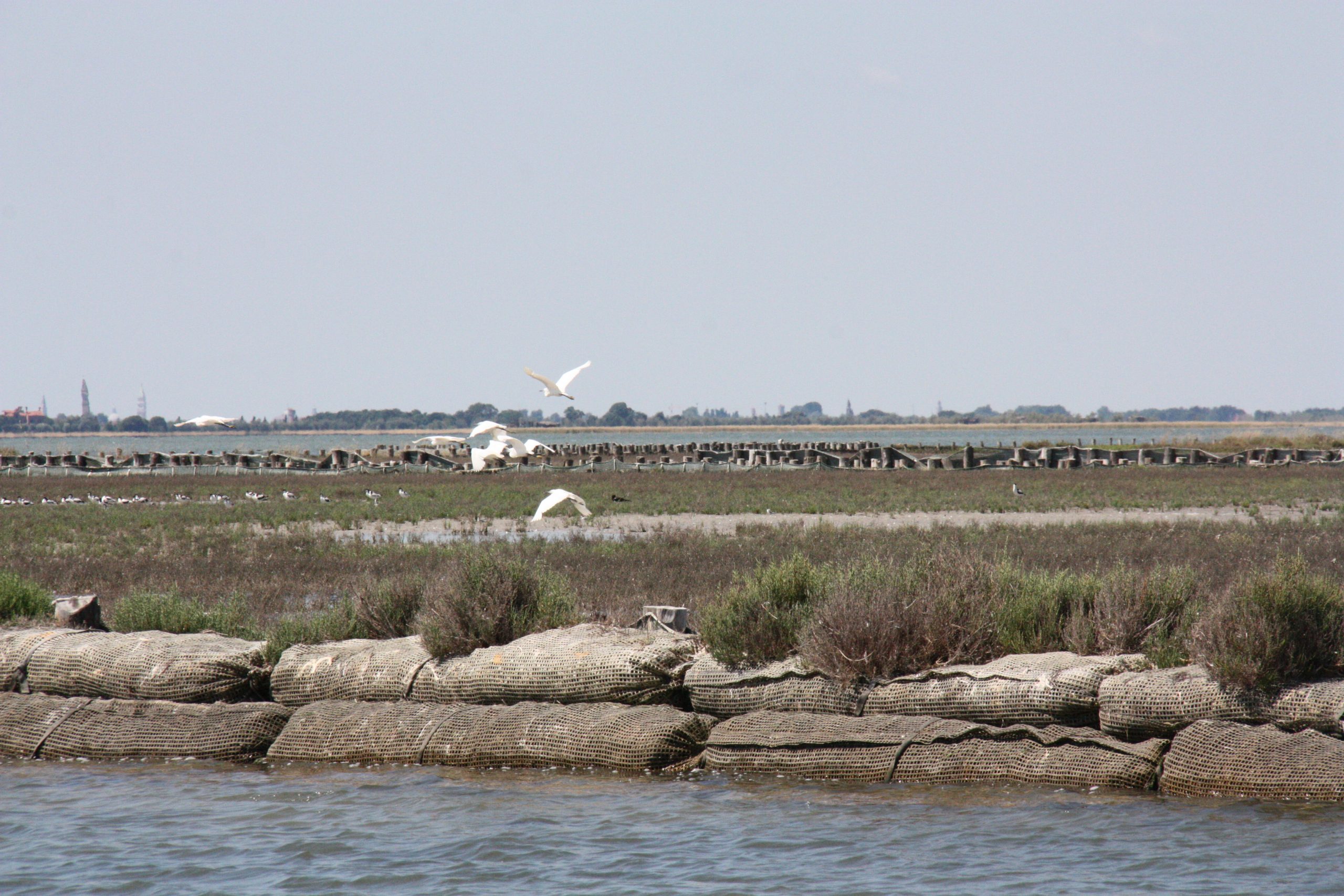
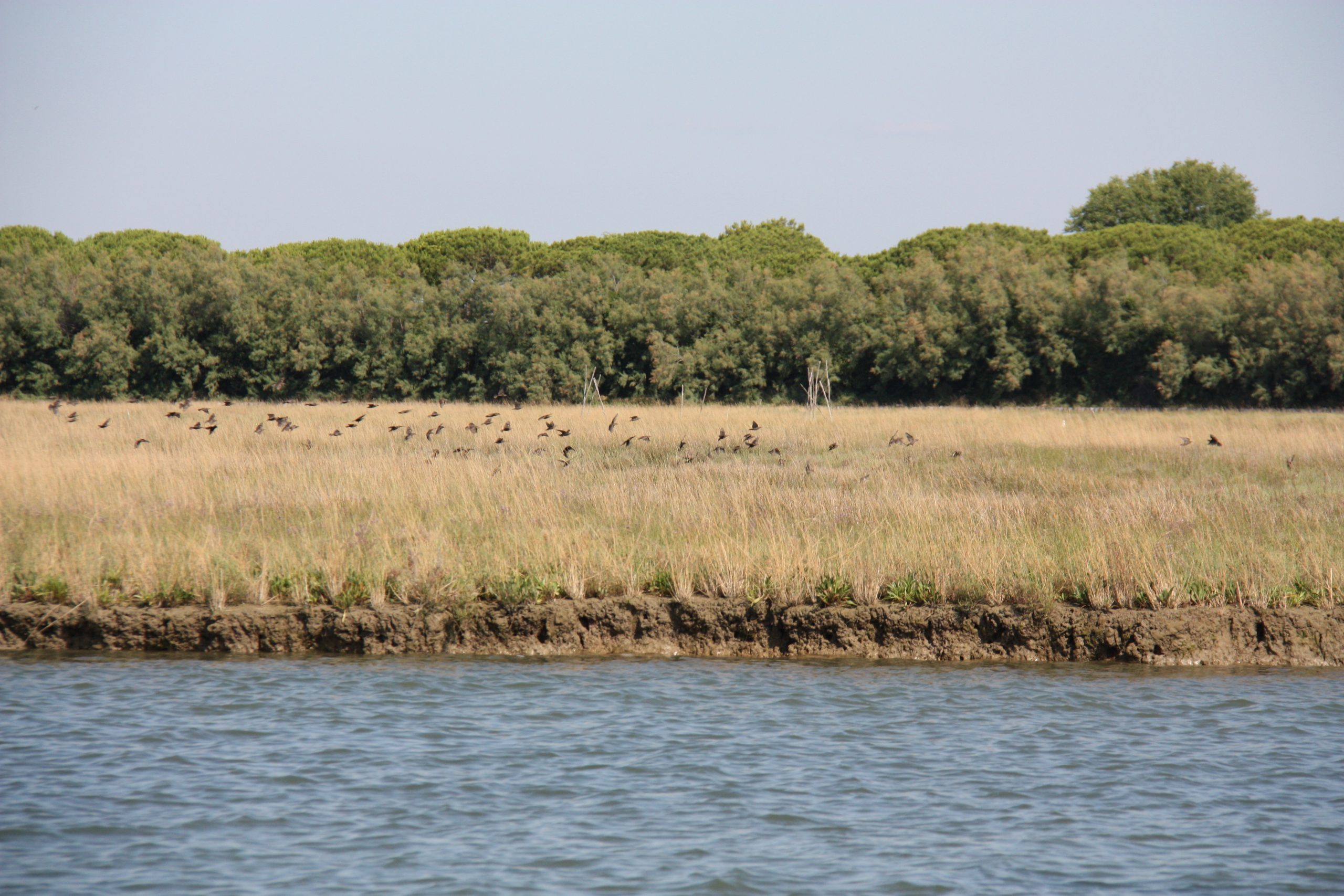
2: Global Climate Forum (DE)
3: Deltares (NL)
4: Institut national de recherche pour l´agriculture, l´alimentation et l´environnement INRAE (FR)
5: International Union for Conservation of Nature (CH)
6: Pensoft Publishers (BG)
7: ALBIREM (ES)
8: Universidad Politécnica de Madrid (ES)
9: Secretary for Environment and Sustainability (ES)
10: Ministerio para la Transición Ecológica y el Reto Demográfico (ES)
11: Centre Internacional d´Investigació i de Recursos Costaners (ES)
12: Helmholtz-Zentrum Geesthacht (DE)
13: NLWKN-Forschungsstelle Küste (DE)
14: Centro Euro-Mediterraneo sui Cambiamenti Climatici (IT)
15: Consorzio per il coordinamento delle ricerche inerenti al Sistema lagunare di Venezia – CORILA (IT)
16: Provveditorato Interregionale per le Opere Pubbliche per il Veneto, Trentino Alto Adige e Friuli Venezia Giulia (IT)
17: Institute of Hydro-Engineering of Polish Academy of Sciences (PL)
18: Institute of Oceanology in Varna (BG)
19: Province of Groningen (NL)
20: Tour du Valat (FR)
21: EGIS (FR)
22: Università degli Studi di Catania (IT)
23: Israel Nature and Parks Authority (IL)
24: University of East Anglia (UK)
25: University of Lincoln (UK)
26: Mediterranean Protected Areas Network – MedPAN (FR)
27: Black Sea Economic Cooperation (TR)
28: SEO / Birdlife (ES)
29: PERNICE Collaborative Innovation Management (IT)
30: The Mediterranean Wetlands Initiative (FR)
31: MEDSea Foundation (IT)
32: Wageningen Marine Research (NL)
33: Wageningen University & Research (NL)
34: Global Center and Adaptation (NL)
35: Interdisciplinary Center, Herzliya (IL)
36: Ecoshape (NL)
37: Konsortium Deutsche Meeresforschung (DE)
Media




